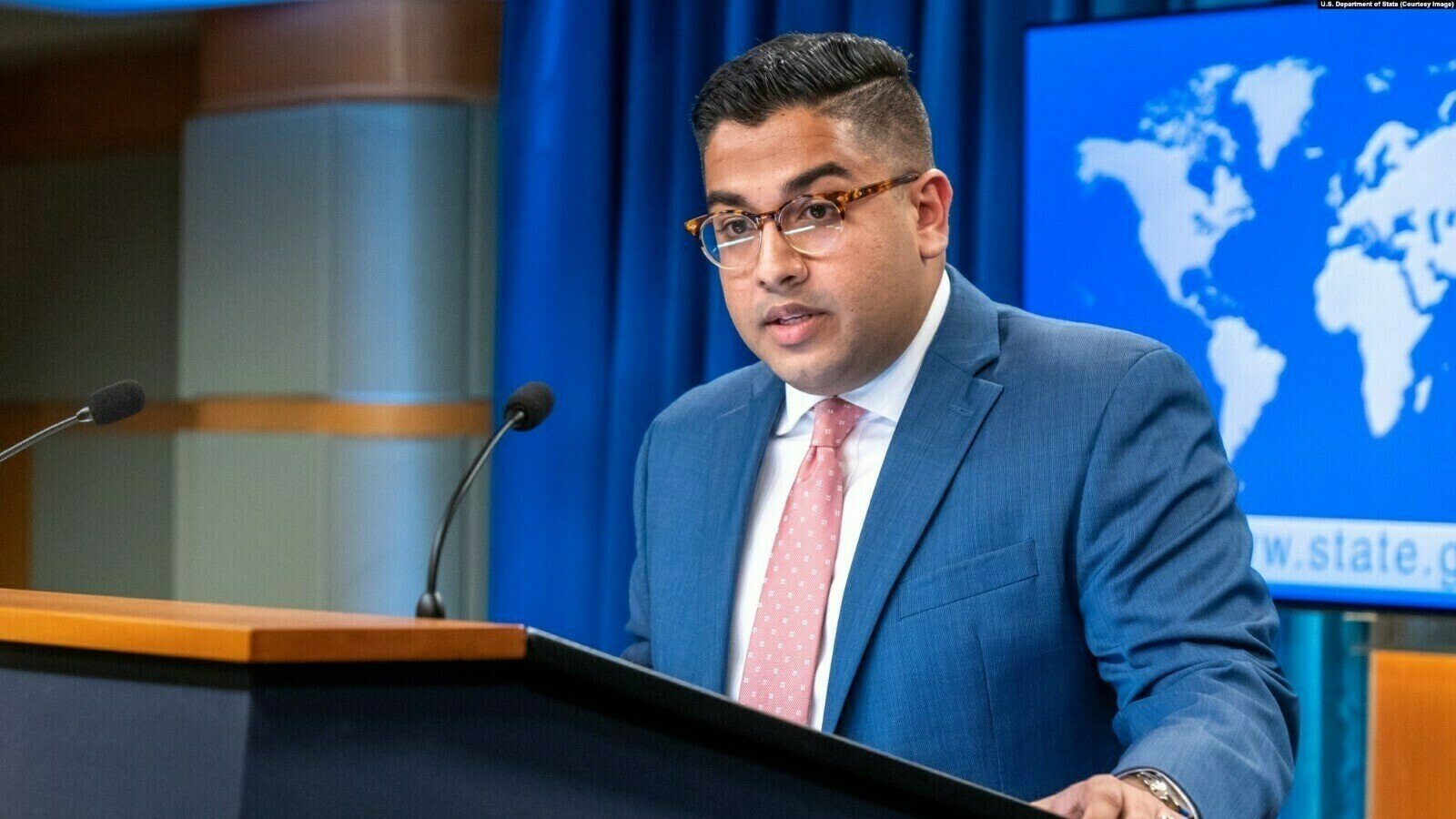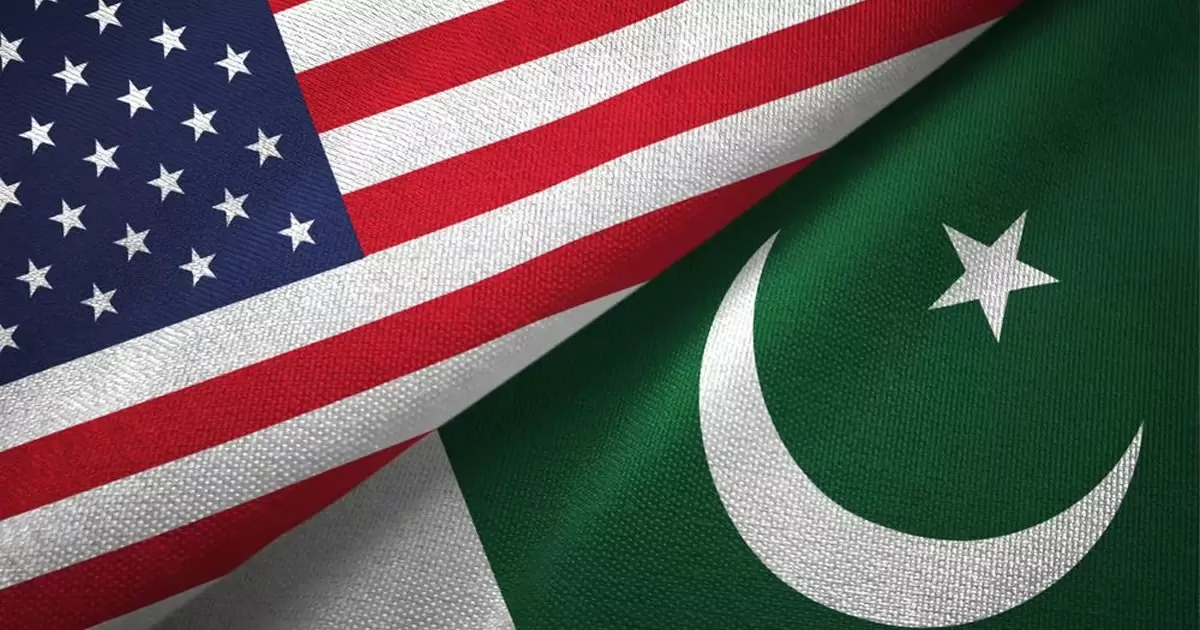In a significant diplomatic development, Pakistan’s Foreign Minister and Deputy Prime Minister Ishaq Dar met with US Secretary of State Marco Rubio in Washington on Friday, signaling renewed momentum in Pakistan-US relations after a period of prolonged diplomatic distance.
This rare high-level interaction between the two countries marks an important shift toward revitalizing bilateral engagement, with both sides showing commitment to expanding cooperation in various sectors. The meeting was held at the US State Department, where Dar was received warmly. Pakistan’s Ambassador to the United States, Rizwan Saeed Sheikh, was also present, alongside senior officials from both nations, indicating the depth and importance of the dialogue.
The discussions encompassed a wide array of strategic issues, including trade, investment, economic collaboration, regional peace, counterterrorism, and emerging technological sectors. The delegation-level meeting was viewed as a step toward rebuilding trust and fostering long-term cooperation between Islamabad and Washington.
The meeting follows a noticeable improvement in ties, especially after US President Donald Trump’s warm reception of Pakistan’s Chief of Army Staff (COAS), Field Marshal Asim Munir, at the White House last month. That interaction, coupled with Islamabad’s subsequent nomination of President Trump for the Nobel Peace Prize for his role in de-escalating tensions between Pakistan and India, has laid the groundwork for enhanced bilateral cooperation.
During Friday’s meeting, both Dar and Rubio reaffirmed their shared commitment to strengthening ties, and pledged to work together to promote mutual goals of peace, economic growth, and stability in the region. According to Geo News, Dar praised President Trump’s diplomatic efforts, particularly his role in diffusing the recent armed conflict between Pakistan and India, calling them “commendable.”
Dar emphasized that Pakistan seeks deeper, broader, and more stable ties with the United States, especially in areas such as trade and economic development. He also highlighted the contributions of the Pakistani diaspora in the US, calling them a valuable bridge that continues to connect the two nations.
Secretary Rubio acknowledged Pakistan’s immense sacrifices in the global war on terror, and commended the country’s constructive role in promoting regional and global peace. He expressed a desire to work closely with Pakistan to unlock opportunities in security, economic growth, and technological innovation.
Referring to the earlier meeting between President Trump and Field Marshal Munir, US officials noted that discussions ranged from trade, mineral resources, and energy, to emerging technologies like artificial intelligence and cryptocurrency. These wide-ranging conversations reflect the evolving nature of Pakistan-US ties, which now seek collaboration in non-traditional sectors beyond military and security.
President Trump, during a media interaction following his meeting with COAS Munir, said he had the “honour” of hosting the Pakistani military leader, whom he thanked for his crucial role in ending the recent conflict with India. Trump’s efforts to mediate peace were well-received in Islamabad, though New Delhi continues to deny any US involvement, maintaining that the ceasefire was solely the result of its own diplomatic and strategic efforts.
Nonetheless, the US president has repeatedly reiterated his willingness to mediate the longstanding Kashmir dispute between Pakistan and India — a position that has been echoed by the US State Department in recent months. While the Indian government remains opposed to third-party mediation, Pakistan has welcomed the US stance as a sign of goodwill and constructive engagement.
Friday’s meeting between Dar and Rubio has injected fresh energy into Pakistan-US relations, with both countries now seemingly poised to explore a multi-dimensional partnership that goes beyond traditional diplomacy. As global dynamics continue to evolve, the renewed commitment between the two sides could usher in a new era of cooperation rooted in mutual respect, shared interests, and regional peace.



